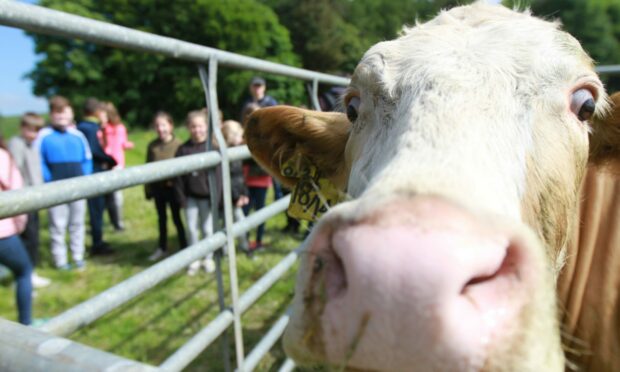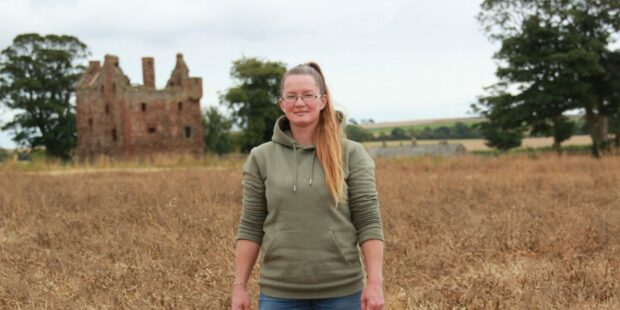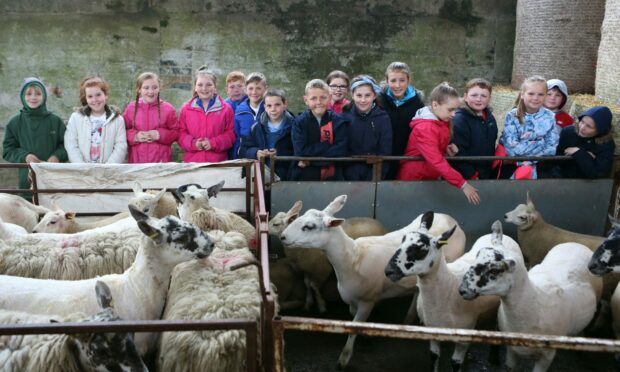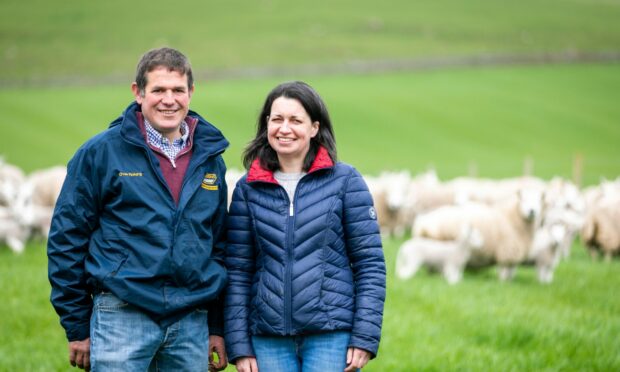Farming and food production seem to be ever-present in the news of late, whether it’s supply worries due to the war in Ukraine, climate and environmental concerns, or the impact of the cost-of-living crisis.
The headlines might not be quite what many of us involved in providing the daily bread would wish to read, but they do offer a huge opportunity in my opinion.
The majority of us cannot imagine what it would be like not to have food at our fingertips, quite literally. A tap in an app will bring whatever we want to our doorstep, whenever we want it. But, is this sustainable? How do consumers tell where their Saturday night takeaway ingredients originated? Do they even care?
I would argue they do care, and increasingly so.
The pandemic brought food supply very sharply into focus. Then, just when we thought the ‘new normal’ was settling in, with world-beating trade deals done to keep the cheap food flowing, the war in Ukraine kicked us back out of our comfort zone, bringing fresh supply worries and sky-rocketing prices.
Has the time finally come when what we have available to eat is truly valued, and not just monetarily?
My diary, currently busy with school farm visits, would happily suggest so.
The Royal Highland Education Trust (RHET) is a charitable organisation bringing the classroom to the countryside for over 20 years now. I am one of several volunteer farmers with RHET Angus Countryside Initiative, visiting schools in
Angus and Dundee to talk about food and farming and hosting excited children, teachers and parents on the farm so they can see and experience a working farm for themselves.
On a glorious sunny day last week, I ventured out for the first time since Covid to assist during the RHET ACI Kinnordy Estate Day, talking to over 180 primary 6-7 pupils, alongside foresters, beekeepers, gamekeepers and ecologists.
It was wonderful to be back out talking with children and listening to the enthusiasm children they have for the countryside, food and farming.
With a successful day’s volunteering under my belt, I was quick to accept the offer from Carol, our RHET co-ordinator, to shepherd a group of school visitors round the forthcoming Scotsheep event at Over Finlarg Farm, Tealing. The day promises to be highly interesting, and not just for the kids!
With a farm tour, shearing and sheep dog demonstrations, cookery, specialist workshops from breeding technology to social media use, and all things woolly, looking at spinning, weaving and felting, let’s hope the sun shines again!
Connecting people of all ages with where their food comes from and how it is produced is an opportunity not to be missed, especially now, given the exceptional focus on agriculture.
It is also, from my perspective, an incredibly rewarding and heartening experience.
The curiosity and wonder of visitors sitting in a high-tech tractor with auto steer for the first time or simply making cooking oil by pressing rapeseed.
These are ultimately our customers, and potentially our agronomists, shepherds, sprayer operators or agri-engineers.
I encourage all those involved in food and farming to consider volunteering for RHET, joining in with Open Farm Sunday, or simply asking a local community group out for a farm walk when it suits.
Only when we provide an understanding of the community behind food production, nature conservation and the wider countryside, will we genuinely see food truly valued for all it provides.
Amy Geddes farms at Wester Braikie, Arbroath.



